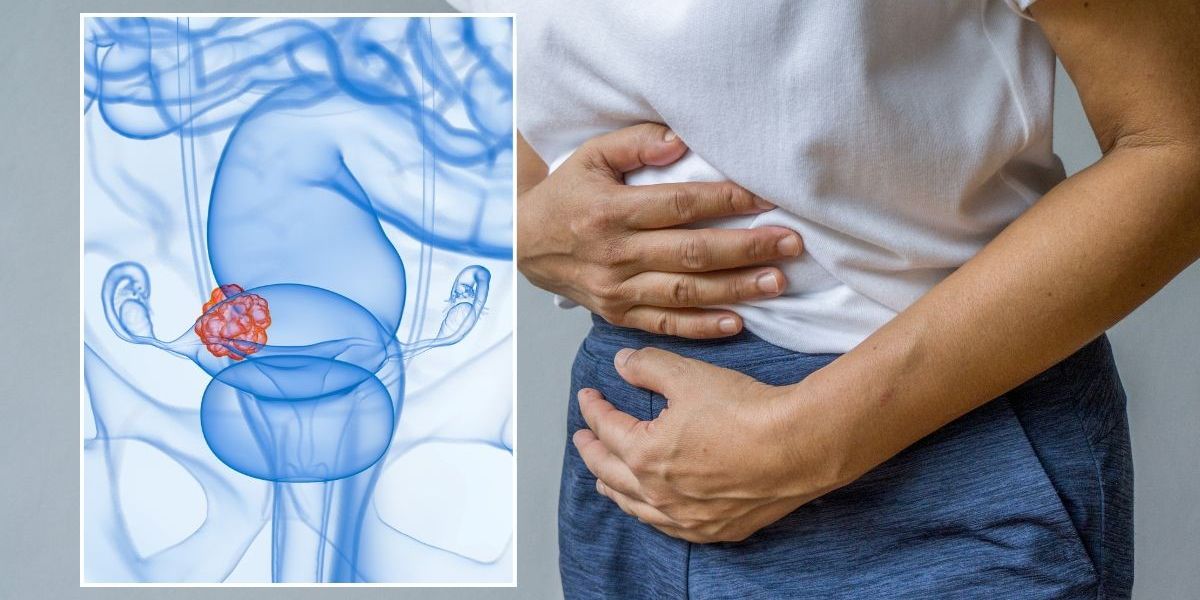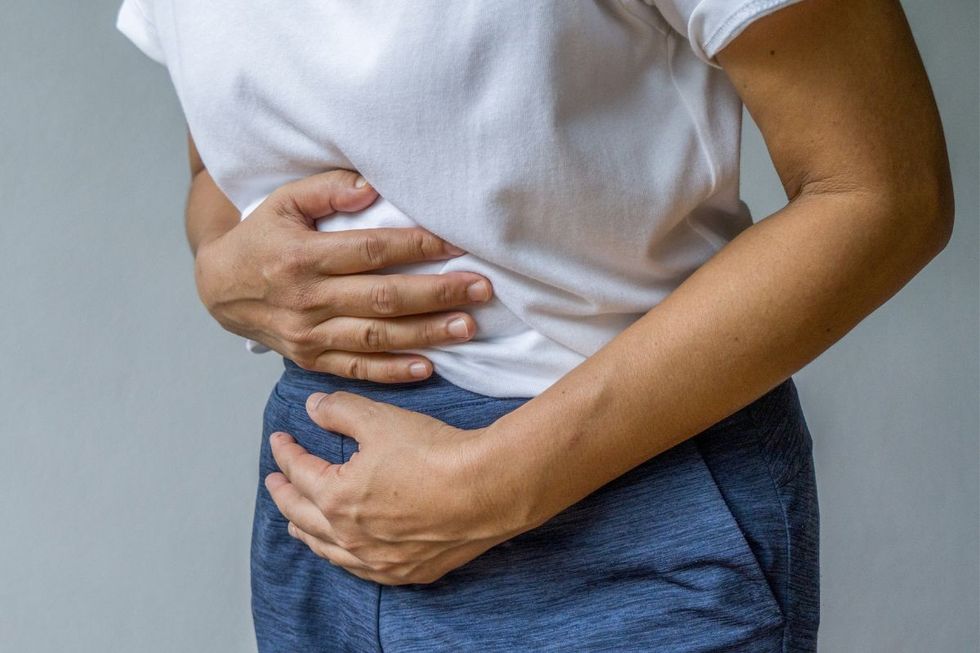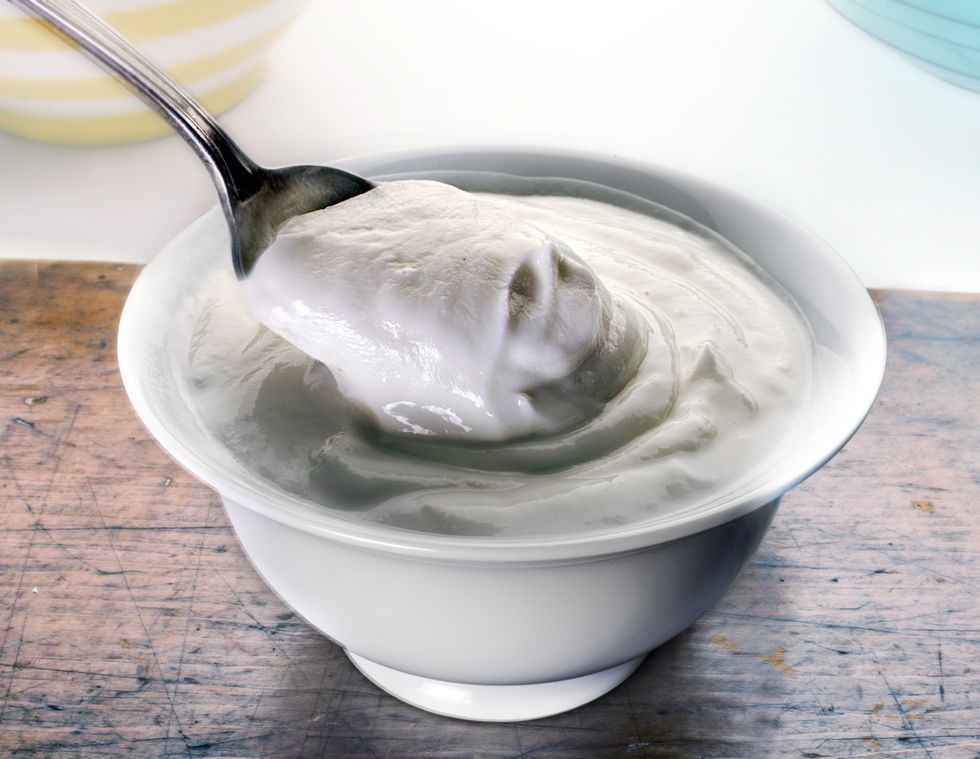



Uterine cancer cases could surge by up to 53 per cent by 2050, with deaths from the disease potentially soaring by as much as 98 per cent, according to a new study.
Researchers predict that deaths from womb cancer in women aged 18-84 could rise by between 83 and 98 per cent over the next 25 years.
While colon cancer diagnoses are declining by approximately one per cent annually across all age groups, uterine cancer is set to see dramatic increases, according to the research.
The Columbia University study revealed particularly troubling racial disparities in the disease's impact. Black women face a projected 53 per cent increase in cases compared to 28.6 per cent for white women.

Uterine cancer is set to see dramatic increases
GETTY
Even more concerning, deaths from uterine cancer amongst black women are forecast to rise by 97.9 per cent, while white women face an 83.6 per cent increase.
Scientists suggest these higher rates amongst black women may stem from their tendency to develop more aggressive forms of uterine cancer.
They also face longer delays in both treatment and diagnosis, contributing to the stark mortality gap between racial groups.
The surge in cases is being attributed to rising obesity rates, with Cancer Research UK finding that a third of UK womb cancer cases are caused by being overweight or obese.
Scientists believe obesity elevates levels of fasting insulin and testosterone, both hormones that have been found to drive uterine tumours.
The widespread availability of ultra-processed foods is thought to be a major factor behind obesity rates doubling globally since 1990.
Cancer Research UK defines ultra-processed foods as "ready-to-heat' foods, noting that they "generally have a long shelf life and tend to include additives and ingredients that are not typically used in home cooking".
These components, namely preservatives, emulsifiers, sweeteners, artificial colours and flavours, may harm health by spurring chronic inflammation and disrupting metabolism.

Fruit-flavoured yoghurts are considered an ultra-processed food
GETTYFoods that fall under the UPF category include ice cream, ham, crisps, plant-based meat substitutes, mass-produced bread, breakfast cereals, biscuits, carbonated drinks, fruit-flavoured yoghurts, and instant soups.
Dr Chris van Tulleken from University College London stated he has "no doubt" about the connection between cancer and UPFs.
"We have more than a dozen good quality studies indicating a link between cancer and ultra-processed foods," he told The Mail on Sunday.
Uterine cancer ranks as the most common gynaecological cancer in high-income countries and is the fourth most common cancer for women in the UK.
